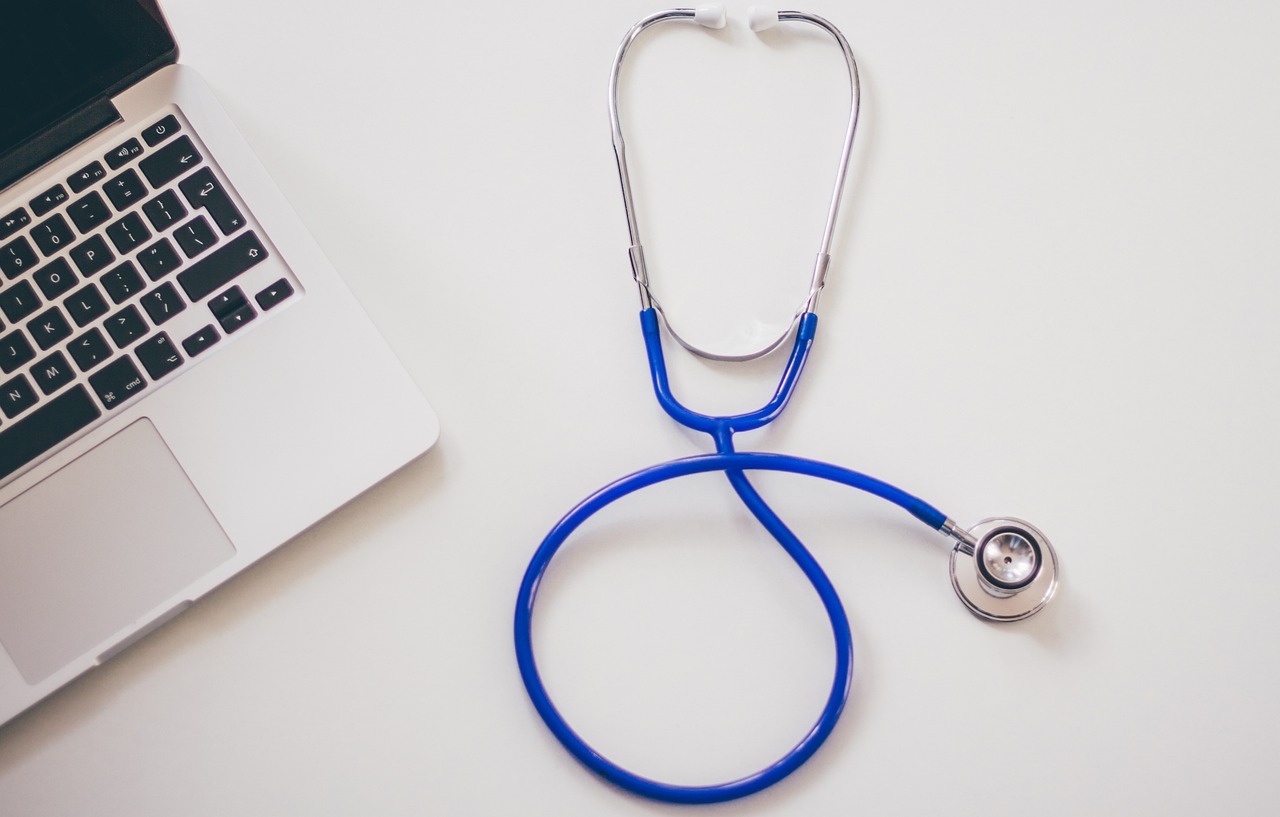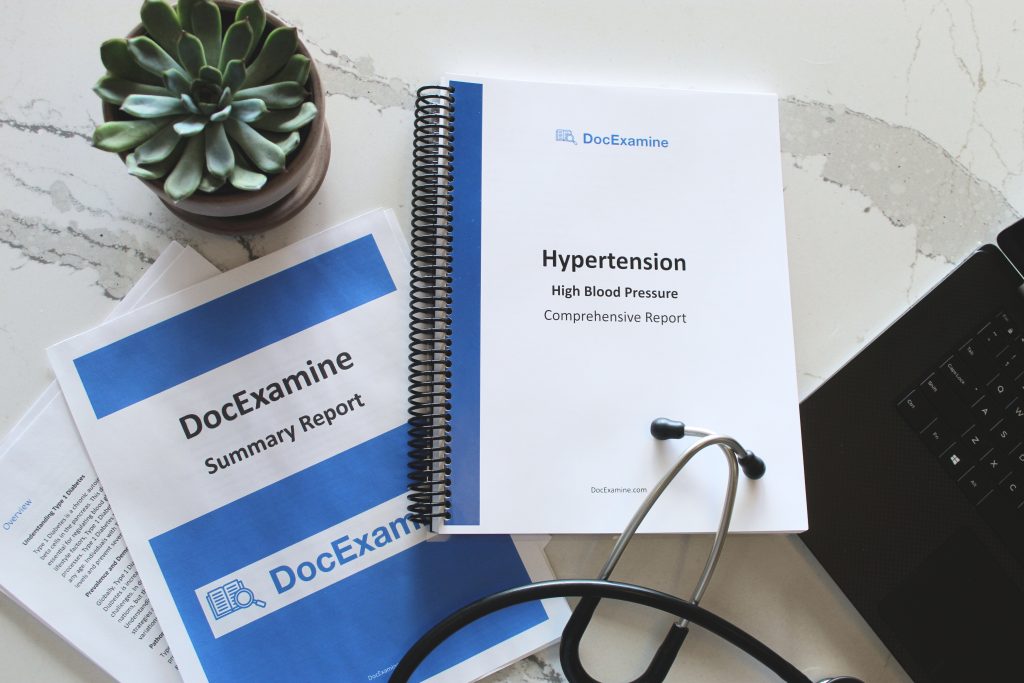Receiving a lung cancer diagnosis can be overwhelming, and it’s natural to feel unsure about what comes next. One of the best steps you can take is to talk openly with your healthcare provider. By asking the right questions, you’ll gain clarity, set realistic expectations, and feel more in control of your treatment journey.

Here are 10 important questions that can help guide your next conversation with your doctor:
1. “What type of lung cancer do I have, and what does that mean for my treatment?”
Not all lung cancers are the same. Understanding your specific type—such as non-small cell or small cell lung cancer—helps shape the treatment options and long-term outlook.
2. “How advanced is my cancer, and what’s the stage?”
Knowing the stage provides insights into how far the cancer has spread and influences the therapies you may be offered. This information is crucial in setting your expectations and planning next steps.
3. “What are my treatment options, and what are the goals of each?”
Your doctor might recommend surgery, chemotherapy, radiation, targeted therapy, immunotherapy, or a combination of approaches. Ask about the purpose of each treatment—whether it’s to cure, control, or relieve symptoms.
4. “What side effects can I expect, and how can I manage them?”
All treatments come with potential side effects. Understanding what might occur and how to handle it can help you stay more comfortable and confident throughout the process.
5. “How will my lung cancer treatment affect my daily life?”
From work obligations to exercise routines, it’s important to know how your therapy may influence your energy levels and overall lifestyle. This can help you plan for adjustments at home and in your schedule.
6. “Are there any clinical trials I should consider?”
Clinical trials can offer access to cutting-edge treatments. Ask if there are any studies that might benefit you, taking into account the risks, rewards, and potential impact on your care.
7. “How often will I need check-ups and imaging tests?”
Regular monitoring ensures that your doctor can track how your cancer responds to treatment. Understanding the frequency of appointments and scans can help you prepare mentally, logistically, and financially.
8. “What supportive care services are available?”
Beyond medical treatments, ask about resources to support your mental health, nutrition, physical therapy needs, and financial guidance. Comprehensive care can make a big difference in your quality of life.
9. “How can I reduce my risk of complications or recurrence?”
Your doctor may recommend lifestyle adjustments such as quitting smoking, improving your diet, or engaging in moderate exercise to optimize your general health and potentially improve treatment outcomes.
10. “What should I tell my family and friends about my diagnosis and treatment?”
Your loved ones may have questions, too. Getting your doctor’s guidance on how to communicate important details can help you foster understanding and support in your personal circles.
Get Your Free Lung Cancer Summary Report
We understand that living with lung cancer can feel overwhelming, and having reliable, accessible information is essential. That’s why we’re offering a free, medically reviewed ebook summary report focused on lung cancer. Inside, you’ll find clear, trustworthy guidance to help you navigate your condition, make informed decisions, and feel more supported. Simply fill out the form below and select “Lung Cancer” to receive your free guide. We’re here to stand by you every step of the way, ensuring you have the knowledge and confidence you need on your health journey.


